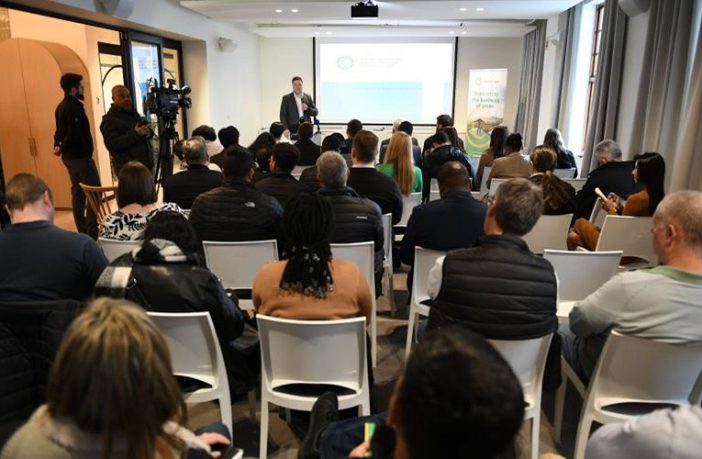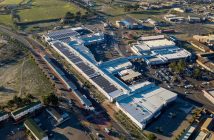- The City of Cape Town will now pay cash to small-scale embedded generation (SSEG) customers for the excess energy they produce and sell back to the City.
- In the past, these customers could only be compensated by means of credits on their municipal bills.
In addition, these customers will now be permitted to sell more electricity to the City than they use. In the past, generating customers were required to be net consumers of the City’s energy; they will now be incentivised to become net producers. “In this way, our residents will become crucial partners in ending load-shedding in Cape Town,” said Cape Town Mayor, Geordin Hill-Lewis.
While the two policy changes will only apply to commercial and industrial customers at first, the City intends to broaden this policy to all generating customers over time, including those with small residential solar PV installations. This step-by-step transition will ensure that we are able to get the largest projects — with the greatest capacity to positively impact on load-shedding — online first, and address any teething issues as they arise without putting strain on the City’s supply network.
Hill-Lewis explained that load-shedding is the single-biggest economic issue facing South Africa. “Eskom’s Stage 6 loadshedding this month cost the national economy R4,2 billion per day”, he added.
“We have a clear plan to fix this problem in Cape Town. The bid window for our first procurement of renewable power closed last month and we are in the process of considering the bids and awarding the contracts. However, the process required by legislation in respect of these contracts is highly complex and time-consuming, which means it will take several years to make a serious impact on load-shedding in the city.”
“Eskom’s coal-produced electricity, as well as the cost of its immense debt, is making South African energy increasingly unaffordable. The staggering 32,7% tariff envisaged by Eskom for next year confirms this.”
Hill-Lewis concluded by saying that Capetonians desperately need the City to reduce its reliance on Eskom and that is exactly their goal.
Author: Bryan Groenendaal











